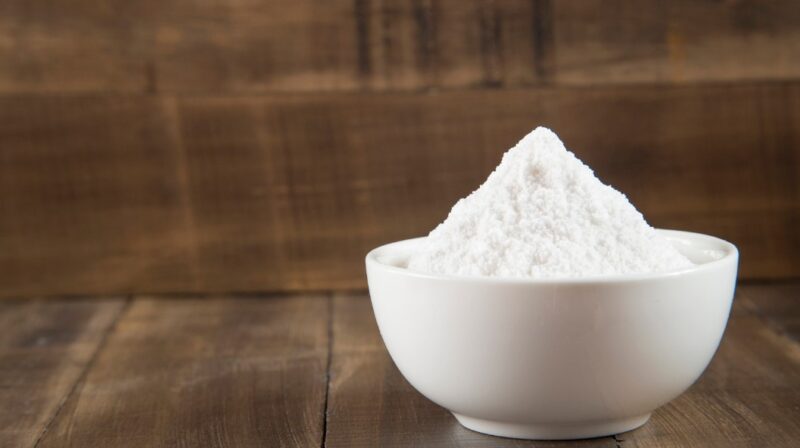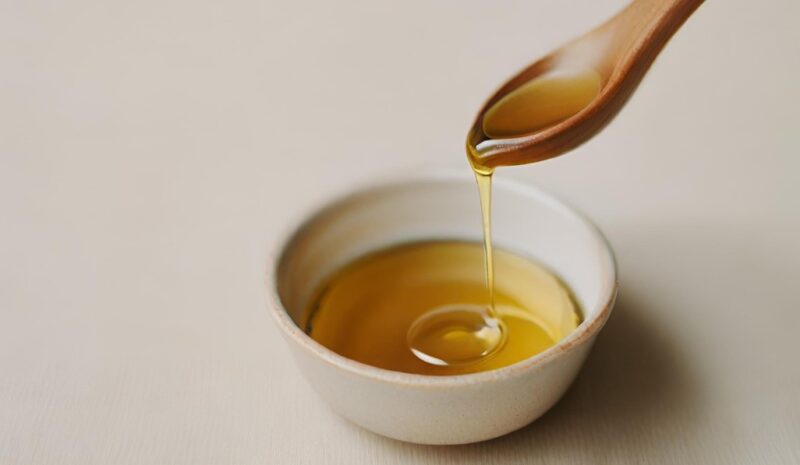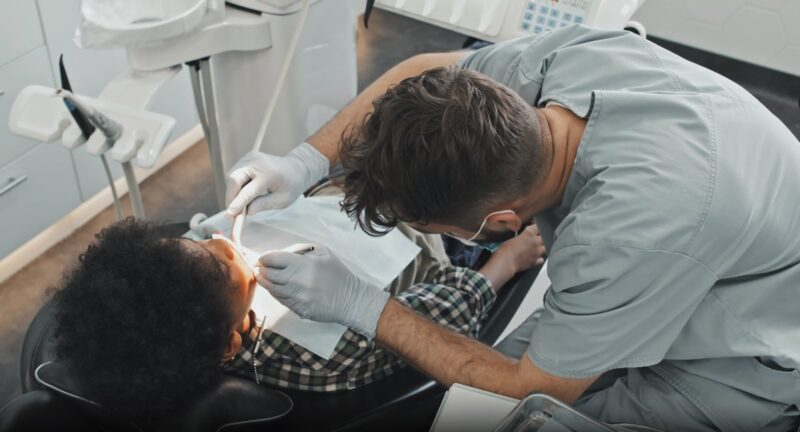Gum disease, also known as periodontal disease, is a common oral health issue affecting many people. It ranges from simple gum inflammation to serious disease that can damage the soft tissue and bone supporting the teeth.
In severe cases, it can lead to tooth loss. Interestingly, you can tackle gum disease at home without always needing to visit a dentist.
In this blog post I’ll offer you insights and practical steps to manage and potentially cure gum disease independently.
Key Takeaways
- Effective oral hygiene, including brushing twice a day with fluoride toothpaste, flossing daily, and replacing toothbrushes regularly, is crucial in preventing and combating gum disease.
- Various remedies like saltwater rinses, baking soda applications, oil pulling, and using herbal treatments (aloe vera, green tea, turmeric) help in reducing gum inflammation and fighting bacteria.
- Quitting smoking, maintaining a healthy diet rich in antioxidants and anti-inflammatory foods, and staying hydrated are important for oral health and combating gum disease.
- Gum disease can lead to other health issues like heart disease and diabetes. Regular dental check-ups, stress management, and using the right oral care products are essential for prevention.
Home Remedies for Gum Disease
1. Proper Oral Hygiene

Good oral hygiene is essential in preventing and fighting gum disease. Brushing and flossing regularly remove food particles and plaque, a sticky film of bacteria that forms on your teeth.
Without proper dental care, plaque can lead to tartar, a harder substance that only a dentist can remove.
Brushing and Flossing
- Brush your teeth twice a day for two minutes each time using fluoride toothpaste. This helps in not only removing plaque but also in strengthening tooth enamel.
- Flossing daily is crucial to remove plaque and food particles between teeth, which a toothbrush can’t reach.
- Replace your toothbrush every three to four months, or sooner if the bristles are frayed.
2. Saltwater Rinse
Saltwater rinses are effective because salt is a natural disinfectant that helps your body to heal. This remedy is gentle on the mouth but tough on bacteria and can help to reduce the amount of dental bacteria.
How to Use
- Dissolve 1 teaspoon of salt in a cup of warm water. The warm water helps to dissolve the salt quickly.
- Swish the solution around in your mouth for 30 seconds to ensure it reaches all areas of your gums.
- Repeat this process 2-3 times a day, especially after meals, for the best results.
3. Baking Soda

Baking soda, or sodium bicarbonate, is mildly abrasive, which helps in removing plaque and surface stains. It also helps in balancing the pH level in your mouth, making it less hospitable to harmful bacteria.
How to Use
- Mix a small amount of baking soda with water to form a thick paste. It should not be too runny to ensure it stays on your gums.
- Gently massage the paste onto your gums with a soft toothbrush or your finger.
- After a few minutes, rinse thoroughly with water to remove all the baking soda residue.
4. Oil Pulling

Oil pulling is an ancient practice that involves swishing oil in your mouth to remove bacteria and promote oral hygiene. It is particularly effective against Streptococcus mutans, a type of bacteria responsible for tooth decay and gum disease.
How to Use
- Take a tablespoon of oil, such as coconut or sesame oil, and swish it around in your mouth for 15-20 minutes. Be sure not to swallow the oil as it contains toxins and bacteria from your mouth.
- After swishing, spit the oil into a trash can instead of the sink to prevent plumbing issues.
- Rinse your mouth with warm water and brush your teeth afterward to ensure all oil residues are removed.
5. Herbal Remedies

Herbs like aloe vera, green tea, and turmeric have been used for centuries for their health benefits. Their anti-inflammatory and antimicrobial properties can support oral health and help in reducing gum inflammation and infection.
How to Use
- Apply aloe vera gel directly to the gums or use aloe vera-based toothpaste or mouthwash.
- Incorporate green tea into your daily routine, either by drinking it or using a green tea mouthwash.
- Turmeric can be used as a paste for your gums or added to your meals for its systemic anti-inflammatory benefits.
6. Quit Smoking

Smoking weakens your body’s immune system, making it harder to fight off a gum infection. Once your gums are damaged, smoking makes it harder for your gums to heal.
7. Healthy Diet

A balanced diet provides the nutrients necessary for overall health, including oral health. Foods rich in antioxidants and anti-inflammatory properties can also help in fighting bacteria that cause gum disease.
8. Stay Hydrated

Water is essential for saliva production, which plays a crucial role in maintaining oral health. It helps wash away food particles and neutralize acids produced by bacteria in your mouth.
How to Recognize This Disease?
Gum disease begins with plaque buildup on your teeth. If not removed, plaque can harden into tartar, causing inflammation known as gingivitis, the earliest stage of gum disease.
If unchecked, it progresses to periodontitis, where gums pull away from the teeth, forming pockets that become infected.
Symptoms:
- Bleeding gums
- Swollen, red gums
- Bad breath
- Painful chewing
- Loose teeth
When to See a Dentist?

These home remedies are effective for mild to moderate gum disease but are not a substitute for professional dental care in advanced cases. It’s crucial to monitor your symptoms closely and seek a dentist’s advice if necessary.
FAQs
Can gum disease lead to other health problems?
Yes, gum disease can lead to other health problems. Research suggests a link between gum disease and heart disease, diabetes, and respiratory diseases.
Is there a specific diet that helps prevent gum disease?
A diet rich in fruits, vegetables, whole grains, and lean proteins can help prevent gum disease. These foods provide essential nutrients and help reduce inflammation in the body.
How often should I visit a dentist for gum health?
You should visit a dentist at least twice a year for regular check-ups. If you have a history of gum disease, your dentist may recommend more frequent visits.
Are there any specific toothbrushes that are better for gum disease?
Yes, toothbrushes with soft bristles are generally better for gum disease. They are less likely to irritate or damage your gums.
Can stress affect gum health?
Yes, stress can negatively affect gum health. Stress can weaken your immune system, making it harder for your body to fight off infections, including gum disease.
Is it safe to use mouthwash every day for gum disease?
Yes, it’s generally safe to use mouthwash daily, but it’s important to choose the right type. Therapeutic mouthwashes that contain fluoride or antimicrobial agents can help prevent gum disease.
Summary
Gum disease can be daunting, but with proper care and lifestyle changes, it’s manageable and often reversible. Home remedies can be effective in treating early stages of this condition.
However, it’s important to stay vigilant and seek professional help if your condition doesn’t improve.
Always keep in mind that prevention is always better than cure, and maintaining good oral hygiene is key to keeping gum disease at bay.
